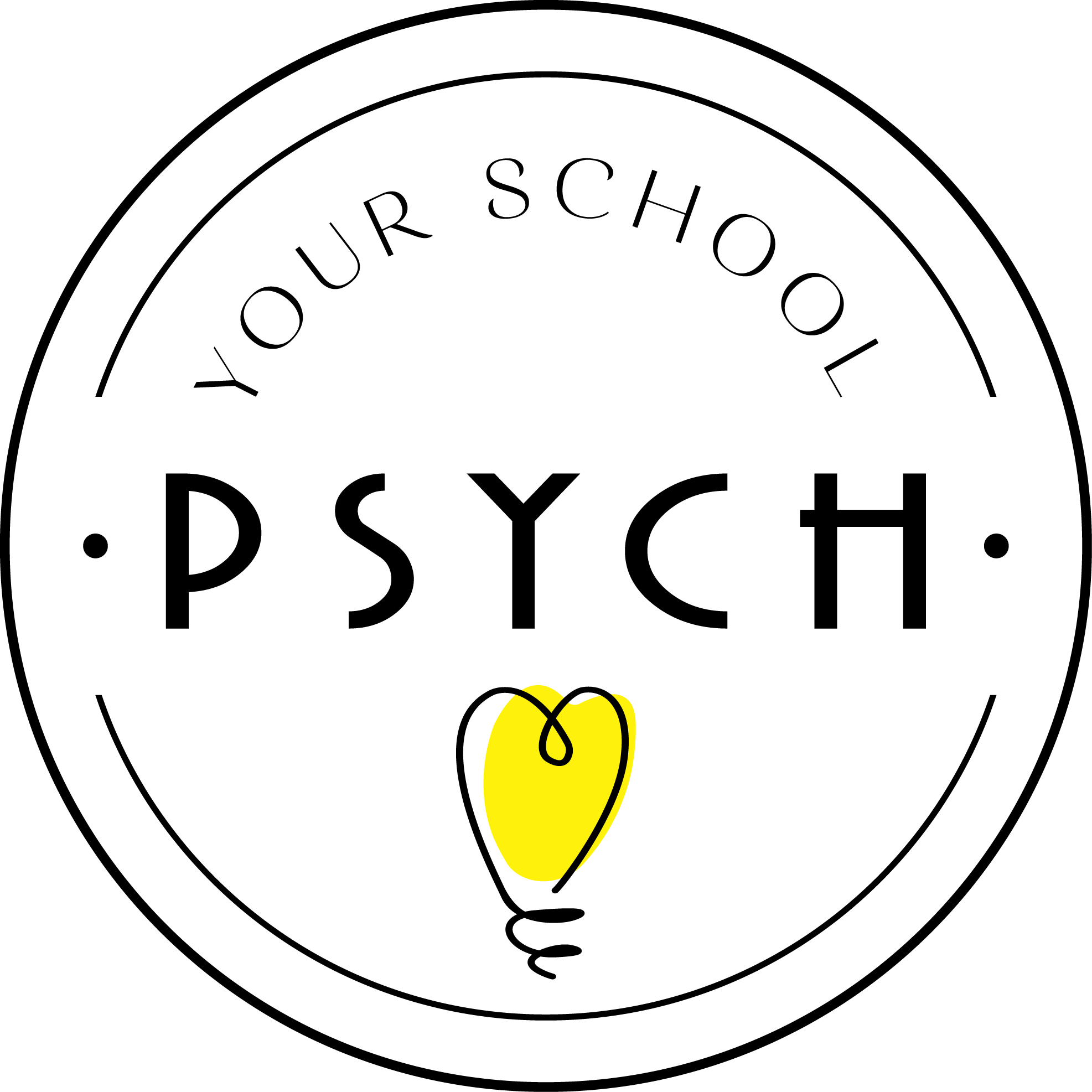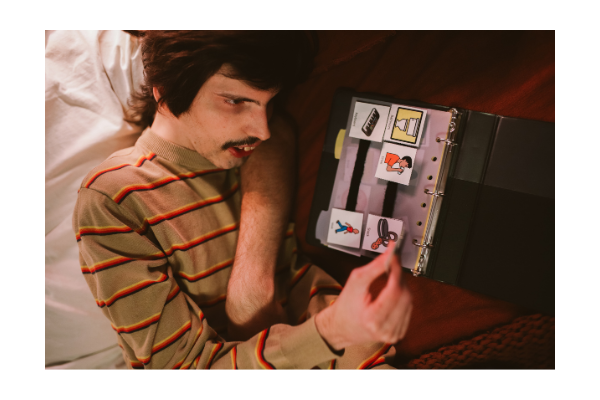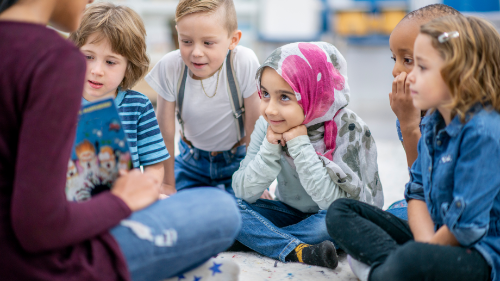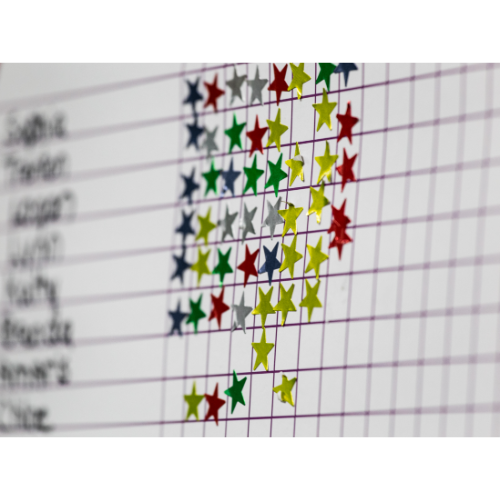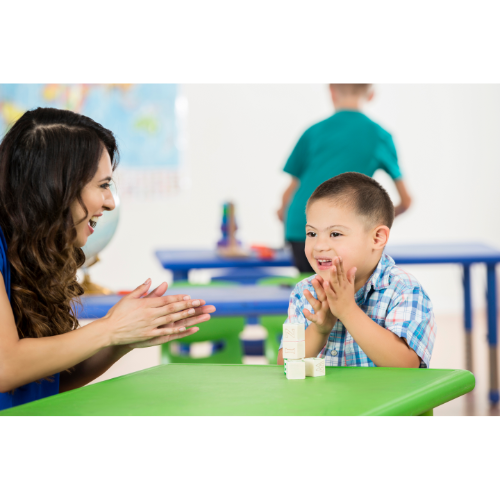What is Dyslexia?
Simply put, dyslexia means that someone has significant problems with reading and spelling. I like to tell students that I work with that their brain is wired differently… not bad… just different! Having dyslexia does not mean that someone will not learn to read. It just means that they might need a different approach to learning to read!
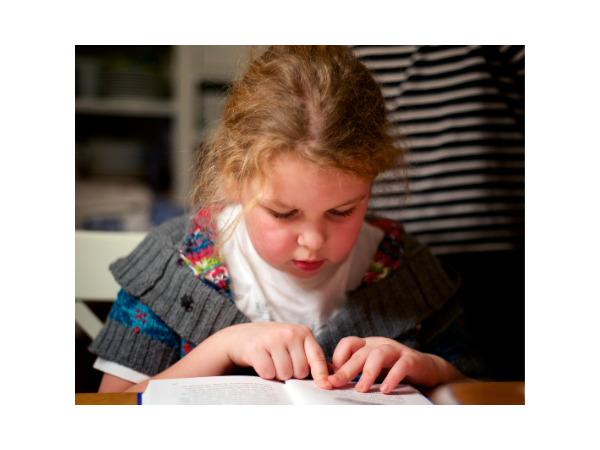
How Does Dyslexia Feel?
Dyslexia makes it hard to decode what you are reading, and some kids describe learning to read as trying to understand some kind of secret code.
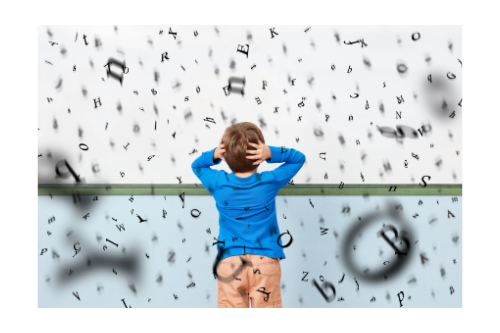
Current research suggests that an Orton Gillingham approach to reading helps people with dyslexia the most. Orton Gillingham approaches combine a multi-sensory aspect with direct phonics and phonemic awareness teaching. It is rigorous, but so worth it in the long run!
Why Do We Celebrate?
Dyslexia Awareness Month is a time to show some extra love and support to all those amazing people who have dyslexia. By learning more about it, we can break down misunderstandings and build bridges of understanding. It’s a chance to celebrate the strengths and talents of dyslexic individuals while spreading awareness.
Many famous people have dyslexia, including: Tom Cruise, Whoopi Goldberg, Keira Knightley, Orlando Bloom, Alfred Einstein, among others. The aforementioned people are GENIUSES in their crafts. Dyslexia definitely does not stop people from being able to achieve in life.
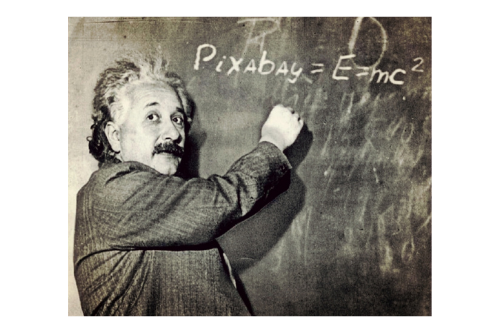
Some facts about dyslexia
- Dyslexia is one of the most common learning challenges people can face. Some research suggests that between 5-10% of the population has dyslexia.
- People with dyslexia are often bright, but they struggle with learning to read. Most people with dyslexia have at least average intelligence.
- Many people with dyslexia are also extremely creative! While reading and spelling are tricky, their brain has developed other unbelievable strengths.
- Dyslexia is often inherited. If you have a family member who has dyslexia, there is a chance that it can be passed on your child.
- Dyslexia equally impacts all cultures and people groups.
Early signs of dyslexia
Signs of dyslexia can start to show in preschool.
Often, a first sign of dyslexia might show up as a struggle with rhyming words (ex. Cat rhymes with hat, car rhymes with bar, etc.). Other early signs may be struggles or lack of interest with learning letters and numbers, enjoying listening to books but no desire to look at the words or letters in a word.
As children enter grade school, dyslexia may often show up in poor spelling, slow and or laborious reading, refusal to read, and/ or needing multiple readings to comprehend what they read.
Dyslexia can also be accompanied by struggles with writing (dysgraphia) or struggles with math (dyscalculia).
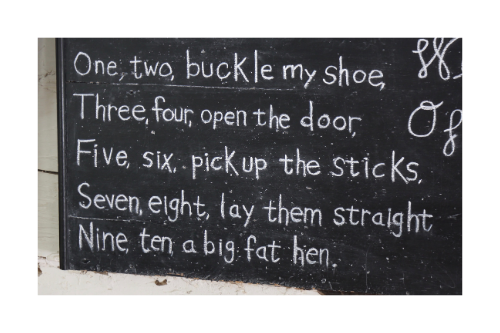
How Can Parents Help?
Your love and support can make a HUGE difference. Here are a few ways you can help:
- Patience: Understand that reading and spelling might take more time to learn. Be patient and celebrate every small victory.
- Read Together: Spend time reading fun books together. This can make reading feel less tricky and more enjoyable.
- Talk to Teachers: Let your child’s teacher know about your child’s dyslexia. They are trained to use special strategies to make learning easier.
- Use Tools: There are soooo many amazing tools to help with reading! Some of these cool tools like audiobooks, adaptive technology, low tech options, and apps that can make reading and writing more fun.
- Boost Confidence: Remind your child how amazing they are! Dyslexia is just a small part of them, and they can do BIG things.
- Involve your child in activities unrelated to school: This could be participating in sports, art club, dance, public speaking, wherever your child shines!
- If you suspect your child has dyslexia, get help early! Request an evaluation from your child’s local public school. Dyslexia does not go away, and early intervention helps set your child up for success.
- Make sure that your child is using an evidence-based intervention! As mentioned above, the research supports using a phonics-based reading intervention.
Remember, the more we know, the more we can create an inclusive world where everyone’s unique abilities are celebrated.
So, whether you’re a parent, teacher, student, or just someone who cares, you can make a difference this Dyslexia Awareness Month.
